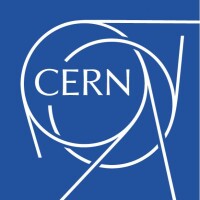A. Gadient Review of CERN - Centre Européen de Rech...
CERN is one of the most interesting research facil...
CERN is one of the most interesting research facilities in the world. In a 27 km long particle accelerator, rays are amplified to high energies before the rays are made to collide with each other or with stationary targets at almost the speed of light. Detectors observe and record the results of these collisions. This enables physicists and engineers to study the fundamental structure of the universe. The laws of nature have probably only been deciphered to a fraction today, but research on them gives fundamental impressions.
CERN, founded in 1954, initially only researched the atom, hence the term "nuclear".
The "Big Bang", an explosive event around 13.7 billion years ago, should, according to the understanding of physics, actually have produced equal amounts of matter and antimatter. But there is much more matter than antimatter. The question of why is still a big mystery.
In the visitor center, the public has the opportunity to take part in one of the many events that provide answers to a number of specific questions.
The Visit Center, the public place for events and exhibitions, is a spherical structure that is also architecturally interesting. The sphere is surrounded by lamellas that, like tires, circle the glass facade at intervals. This means that light penetrates into the interior during the day, while the futuristic building shines from the inside when it is dark.
The research buildings, which are geared towards practicality, appear inconspicuous and normal from the outside. One would hardly guess from this the futuristic tasks that are performed here.
In literature you can now and then come across works in which the location or the research work of CERN is imaginatively taken up, even if the reality is sometimes badly scratched, interesting and exciting. The crime novel "Illuminati" by Dan Brown does this in a clever way with the "antimatter".
CERN is therefore a place full of tension through and through, which will probably reveal some interesting information about the universe in the future.

Comments: